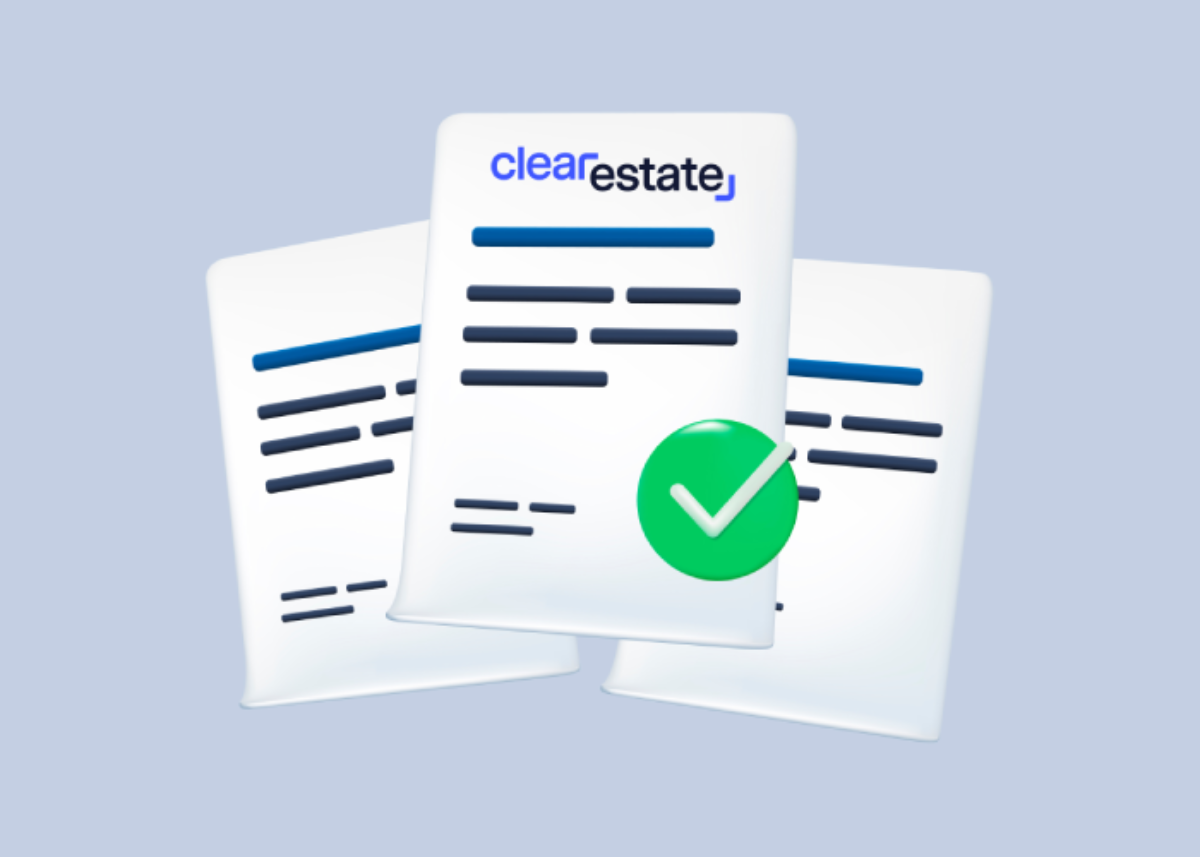Generally, the Successor Trustee’s duties will be defined by the Declaration of Trust, local law, and whether the Grantor of the trust has passed away or is incapacitated.
Additionally, the Successor Trustee is held to these fiduciary duties according to the trust, and thus must act for the interests of the named beneficiaries; not themselves.
The Successor Trustee must act prudently with the assets of the trust, not delegate their duties, enforce or defend claims brought against the trust, avoid conflicts of interest, and keep the property of the trust separate from their personal property.
If these duties are not followed, the trustee may be removed or suspended from their position, and this may also result in a surcharge.
Here are some of the key steps required when a Successor Trustee needs to administer the trust.





